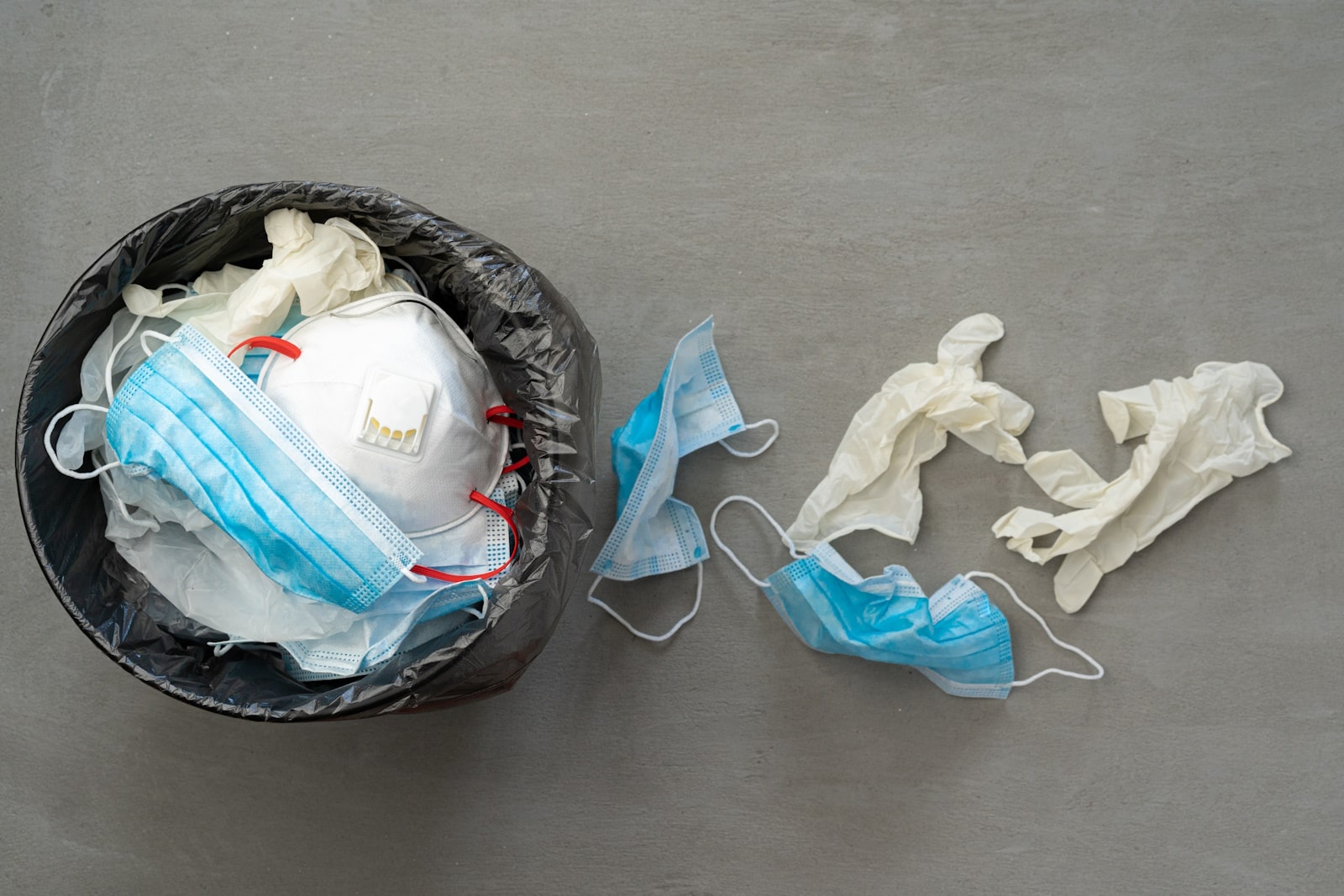Legislation, Practice and Medical Disposal Waste
In South Africa, the management of healthcare risk waste (HCRW) is governed by a comprehensive legislative framework. However, the practical implementation of these regulations often faces significant challenges, leading to discrepancies between policy and practice. This blog explores the current state of HCRW management, highlighting the legislative oversight and the realities on the ground, with a particular focus on medical disposal waste.
Understanding Healthcare Risk Waste
Healthcare risk waste encompasses waste generated in healthcare settings that poses potential risks to public health and the environment. In South Africa, the Department of Environmental Affairs and the Department of Health classify HCRW into several categories:
- Infectious Waste: Materials contaminated with blood, bodily fluids, or other infectious agents.
- Pathological Waste: Human tissues, organs, or fluids.
- Pharmaceutical Waste: Expired, unused, or contaminated medications.
- Sharps: Items like needles, scalpels, and broken glass that can cause injury.
Proper classification is crucial for ensuring appropriate handling, treatment, and disposal, thereby facilitating compliance with legal and environmental standards.
Legislative Framework Governing HCRW
South Africa’s approach to managing medical disposal waste is underpinned by several key legislative instruments:
- National Environmental Management: Waste Act (2008): Establishes the legal framework for waste management, including HCRW.
- National Health Act (2003): Mandates healthcare facilities to manage waste to prevent harm.
- South African National Standards (SANS):
- SANS 10248: Provides guidelines for the management of healthcare waste.
- SANS 10228: Details the classification of dangerous goods, including medical waste.
- SANS 10248: Provides guidelines for the management of healthcare waste.
These regulations aim to ensure that medical disposal waste is managed in a manner that protects both public health and the environment.
Roles of National and Provincial Authorities
The management of HCRW involves both national and provincial authorities:
- National Responsibilities: Policy development, standard setting, and national oversight.
- Provincial Responsibilities: Implementation of policies, monitoring, and enforcement at the local level.
However, inconsistencies in enforcement due to resource disparities among provinces and limited coordination between national and provincial authorities often hinder effective management of medical disposal waste.
On-the-Ground Compliance in Public Hospitals
Despite the legislative framework, public hospitals often face challenges in implementing effective HCRW management practices. For instance, facilities like Madwaleni Hospital and Oliver and Adelaide Tambo Regional Hospital in the Eastern Cape experience issues such as inadequate segregation of waste at the source, insufficient storage facilities for hazardous waste, and delayed collection and disposal services.
These challenges are exacerbated by factors such as limited infrastructure, staff shortages, and high patient volumes, which strain the capacity of hospitals to manage medical disposal waste effectively.
Worker Training and Safety Standards
Proper handling of medical disposal waste requires that healthcare workers receive adequate training and have access to appropriate personal protective equipment (PPE). However, many facilities report limited availability of specialised training for waste handlers and shortages of essential PPE like gloves, masks, and protective clothing.
These deficiencies increase the risk of occupational exposure to hazardous waste and can lead to non-compliance with safety protocols, further complicating the management of medical disposal waste.
Transportation and Final Disposal Challenges
The safe transportation and disposal of medical disposal waste are critical components of HCRW management. Yet, many healthcare facilities face challenges such as an insufficient number of specialised vehicles for HCRW transport, lack of tracking systems leading to potential loss or mismanagement of waste, and limited number of licensed incinerators and treatment plants.
These issues often result in overreliance on landfilling due to inadequate treatment options and inconsistent enforcement of transportation and disposal regulations.
Bridging the Gap: Towards Effective HCRW Management
To address the discrepancies between legislative oversight and on-the-ground realities in managing medical disposal waste, several measures can be undertaken:
- Enhancing Coordination: Improved collaboration between national and provincial authorities can lead to more consistent enforcement of regulations.
- Investing in Infrastructure: Upgrading storage, transportation, and disposal facilities can enhance the capacity to manage HCRW effectively.
- Strengthening Training Programs: Providing comprehensive training and ensuring the availability of PPE can improve compliance with safety protocols.
- Implementing Monitoring Systems: Developing robust tracking and monitoring systems can ensure accountability and transparency in the management of medical disposal waste.
Partnering with A-Thermal for Sustainable Solutions
At A-Thermal, we understand the complexities involved in managing healthcare risk waste. Our expertise and state-of-the-art facilities are designed to provide comprehensive solutions for the safe and compliant disposal of medical disposal waste. We are committed to supporting healthcare facilities in navigating the challenges of HCRW management, ensuring both public health and environmental protection.
Contact us today to learn how we can assist your facility in achieving effective and sustainable medical disposal waste management.








Pingback:Why a Medical Waste Company Is Important - A-Thermal (Pty) Ltd
Pingback:Why is Medical Disposal Waste Hazardous? - A-Thermal (Pty) Ltd